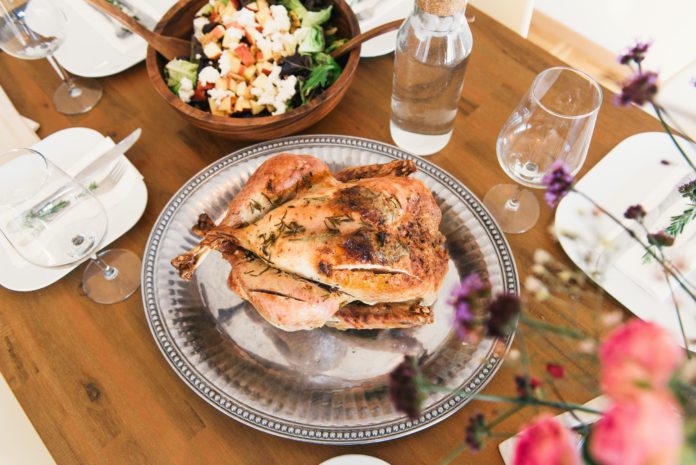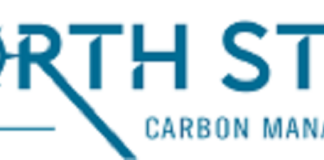
Washington, D.C. (November 6, 2019)—As families across the country begin planning their Thanksgiving feasts, consumers interested in purchasing higher-welfare or sustainably raised turkeys will be confronted with a slew of misleading labels sanctioned by the USDA.
According to a new report by the Animal Welfare Institute (AWI), “Label Confusion 2.0: How the USDA Allows Producers to Use ‘Humane’ and ‘Sustainable’ Claims on Meat Packages and Deceive Consumers,” the USDA continues to allow producers to deceive consumers by making animal welfare and environmental claims on meat and poultry packaging without sufficient supporting evidence.
The report analyzes a selection of the agency’s label approval files from 2014 to 2018 in response to Freedom of Information Act requests submitted by AWI. It reveals how the USDA’s label approval process continues to fail consumers, five years after AWI compiled a similar report documenting widespread abuse of the system.
“The system is easily manipulated by producers who want to make higher-welfare claims on their packages and charge a premium without improving the treatment of animals raised under their care,” said Erin Sutherland, staff attorney for AWI’s farm animal program. “Because of the USDA’s lack of oversight, consumers are often thwarted in their attempts to use labels to guide their food-buying decisions.”
For the current report, AWI evaluated government label approvals for a total of 23 claims on 19 meat and poultry products. These claims include “socially raised,” “humanely raised,” “free raised,” and “sustainably farmed.”
Although the USDA requires producers to define animal raising claims on their packaging, the report found that the agency’s lack of enforcement means that producers can continue to use definitions that are often irrelevant or too vague to inform consumers. Moreover, the USDA regularly approves claims without sufficient verification that producers actually meet these definitions. In response to AWI’s FOIA request, the USDA was unable to provide substantiation for half (12) of the claims. As a result, all 12 received an “F” grade under AWI’s scoring tool.
Two turkey product lines covered in the report, Diestel Turkey Ranch Organic Turkey Products and Empire Kosher Natural Ground White Turkey, received “D” grades.
For instance, the USDA approved a ”humanely raised” claim for Empire Kosher, a turkey producer headquartered in Mifflintown, Pa., based on an affidavit containing only two sentences pertaining to the claim. Seven other producer claims reviewed by AWI had a similarly vague affidavit. Other producers used third-party certifications to bolster their claims, even though certificates appeared to be expired at the time of application or the certifying entity didn’t list the producer as certified on its website.
Other report highlights:
- The current label approval process harms farmers who make accurate claims. Producers who make animal welfare and/or environmental claims but do not adhere to higher standards and are not independently certified are able to avoid the cost of both certification and better production, yet still reap the benefits of the claim by selling products at a premium price (or undercutting the price of products produced at higher standards).
- While the USDA has the authority to deny false or misleading labels under the Federal Meat Inspection Act and the Poultry Products Inspection Act, the department does not perform on-farm audits to assess whether or not producers comply with the claims they wish to place on their labels. Rather, the USDA relies solely on information supplied by producers to determine whether claims related to humane animal treatment and sustainable agricultural practices are accurate and appropriate for use on a meat label. Most producers refuse to make their standards available to the public.
According to a 2018 AWI national consumer survey, a large majority of consumers who frequently purchase meat or poultry products believe that producers should not be allowed to set their own definitions for claims about how farm animals are raised and that farms should be inspected to verify such claims.
In 2014, AWI petitioned the USDA to amend its labeling regulations to require third-party certification of animal welfare and environmental stewardship claims to improve transparency and consistency. After waiting more than four years, AWI sued the USDA in 2018 for failing to respond to this petition. In February of this year, the USDA declined the petition in part because of producers’ conflicting definitions of animal-raising claims. AWI finds this decision troubling, as it is the department’s duty to promote consistent definitions to avoid misleading labels.
To help consumers avoid contributing to animal suffering, AWI publishes “A Consumer’s Guide to Food Labels and Animal Welfare.” A recently updated version of the guide divides claims about how farm animals are raised into “best choices,” (such as Certified Animal Welfare Approved by AGW and Certified Grassfed by AGW), “next best choices,” “potentially good choices,” and “beware of these labels.”
Vague, subjective animal raising claims, such as “natural,” “thoughtfully raised,” and “ethically raised,” are meaningless when it comes to animal welfare in large part because there are no regulatory standards or third-party certification programs to validate these labels. AWI urges consumers to be wary of these marketing tactics.
###
The Animal Welfare Institute (www.awionline.org) is a nonprofit charitable organization founded in 1951 and dedicated to reducing animal suffering caused by people. AWI engages policymakers, scientists, industry, and the public to achieve better treatment of animals everywhere – in the laboratory, on the farm, in commerce, at home, and in the wild. Follow us on Facebook, Twitter and Instagram for updates and other important animal protection news.
Margie Fishman
Public Relations Manager
Animal Welfare Institute
900 Pennsylvania Ave., SE
Washington, DC 20003
T: (202) 446-2128
www.awionline.org ~ www.compassionindex.org
Facebook: http://www.facebook.com/animalwelfareinstitute
Twitter and Instagram: @AWIOnline







